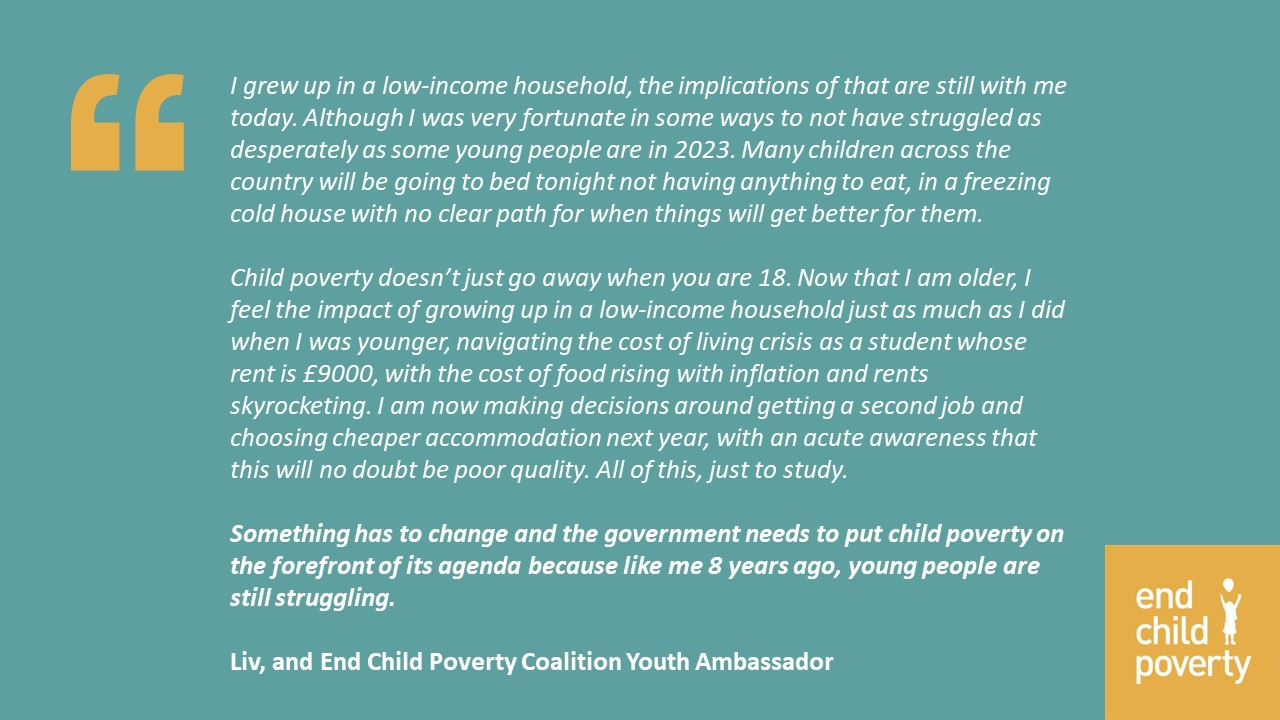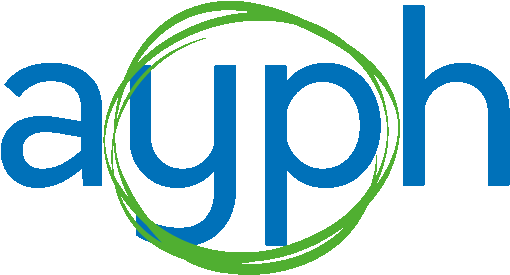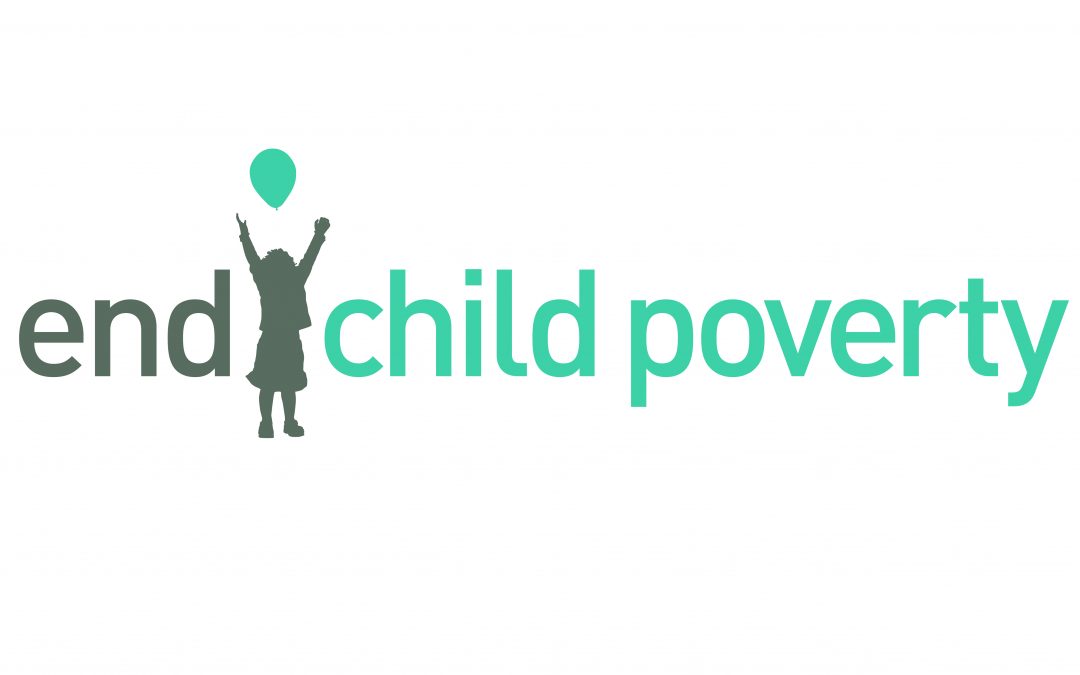It is impossible to ignore the links between poverty and health outcomes. That’s why we’ve joined the End Child Poverty Coalition, to make sure that all young people have an equal opportunity to lead healthy lives.
Encouraging efforts to reduce the health inequalities experienced by young people has become core business at AYPH. We have spent three years exploring the issue through our health inequalities policy programme and have embedded health inequalities as a key pillar in our new organisational strategy. We also regularly carry out engagement with young people from disadvantaged backgrounds, who tell us about their experiences of health, healthcare services and inequality.
Poverty and economic insecurity are major drivers of poor health. We know that health inequalities are shaped and caused by economic structures and the environment in which we live – as we have outlined in our conceptual model of health inequalities. Earlier this month, we took a proactive step in joining the End Child Poverty Coalition to campaign alongside 80 other organisations in the children’s sector – such as Barnardo’s and Action for Children – to eradicate child poverty.
Each year, the End Child Poverty coalition analyses government data on households below average income, to see what the current rates of child poverty are in the UK. The key findings from the latest data (between April 2021 to April 2022) show:
- 2 million children were living in poverty (after housing costs) – representing 29% of all children
- 800,000 children lived in households that needed food from a foodbank
- 71% of poor children were living in working families
- 47% of children in Asian and British Asian families and 53% of children in Black families were living in poverty, compared to 25% of children in White families
The coalition also works with young people to hear their experiences of living in poverty, bringing together 10 Youth Ambassadors aged 16-25. In their ‘We’re Skint’ report, the ambassadors discussed the impact that the cost of living crisis has had on both their physical and mental health. The ambassadors believe that young people are often overlooked by policy and decision makers – they want to see change happen. This is something the young people we work with at AYPH with often raise too.
It is clear that concerted action is needed to tackle child poverty rates, and without this we will continue to see widening health inequalities for young people. Joining the End Child Poverty Coalition builds on our wider policy influencing work as members of the Inequalities in Health Alliance and the NCB’s Children and Young People’s Health Policy Influencing Group. We will continue to work with these networks to ensure that poverty and health inequalities faced by young people are a priority for the UK government.
We encourage you to email your MP to urge them to take action on child poverty.


